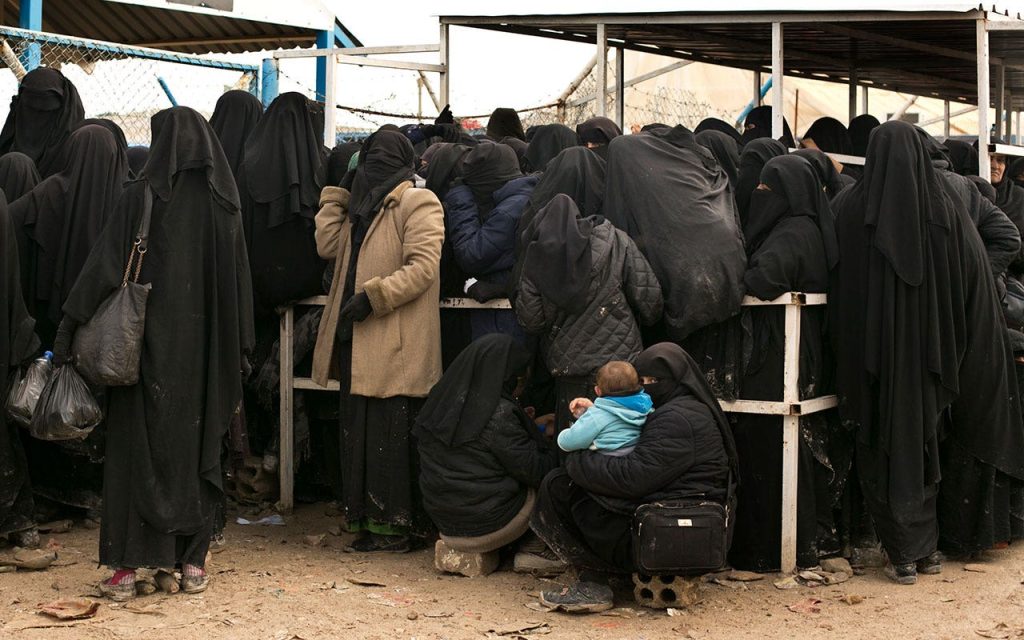Amnesty International has reported widespread abuses in Syrian detention facilities holding suspected Islamic State members and their relatives. The centers, run by local authorities affiliated with the U.S.-backed, Kurdish-led Syrian Democratic Forces, hold about 56,000 people, the majority of whom are children and teens. The reported abuses include torture, deprivation of medical care, and violation of human rights and international humanitarian law. Many detainees are held indefinitely without charge or trial, while others have been convicted based on confessions extracted under torture. The United States is also held responsible for the alleged violations due to its role in establishing and maintaining the detention system, providing funding to the SDF, and regularly interrogating detainees.
The human rights group interviewed 126 people accused of IS affiliation, as well as representatives of the local administration and aid workers. The detainees reported various forms of abuse, including beatings, stress positions, electric shocks, and gender-based violence. Some claimed to have been sodomized by guards, while others were deprived of food, water, and medical care in overcrowded cells. The lack of a mechanism to identify trafficking victims among the approximately 14,500 women and 30,000 children held was also highlighted. The report criticized the practice of forcibly separating adolescent boys from their mothers and placing them in rehabilitation centers indefinitely. Amnesty called for the detention system to be brought into compliance with international law and urged the UN to establish a screening process to release detainees not reasonably suspected of serious crimes.
The Autonomous Authorities of the North and East Syria Region, the civilian administration affiliated with the SDF, denied the allegations of torture and deprivation of basic necessities in the detention facilities. They acknowledged overcrowding due to financial constraints but insisted that most detainees were members of a terrorist organization and had committed crimes against humanity and war crimes. The U.S. State Department expressed shared concerns and called on the international community to support local entities in managing these challenges. It also urged countries with citizens held in detention in Syria to repatriate them. Amnesty’s senior crisis advisor criticized the U.S. for potentially being aware of the poor conditions in the facilities but not taking sufficient action to address them.
The issue of what to do with suspected IS fighters and their families in Syria has become a complex and challenging dilemma. Many countries have been reluctant to repatriate their citizens who joined IS, and local communities in Syria are also hesitant to accept them. The SDF and its allies, including U.S.-led coalition forces, defeated the Islamic State group in Syria in 2019, ending its self-proclaimed Islamic “caliphate.” However, the situation in the detention facilities has raised concerns about ongoing abuse and violations of human rights. Amnesty International is calling for urgent action to address the reported abuses and bring the detention system in compliance with international law. The UN and other allies are urged to establish a screening process to release detainees who are not reasonably suspected of serious crimes, and countries with citizens held in Syrian detention facilities are encouraged to repatriate them.


